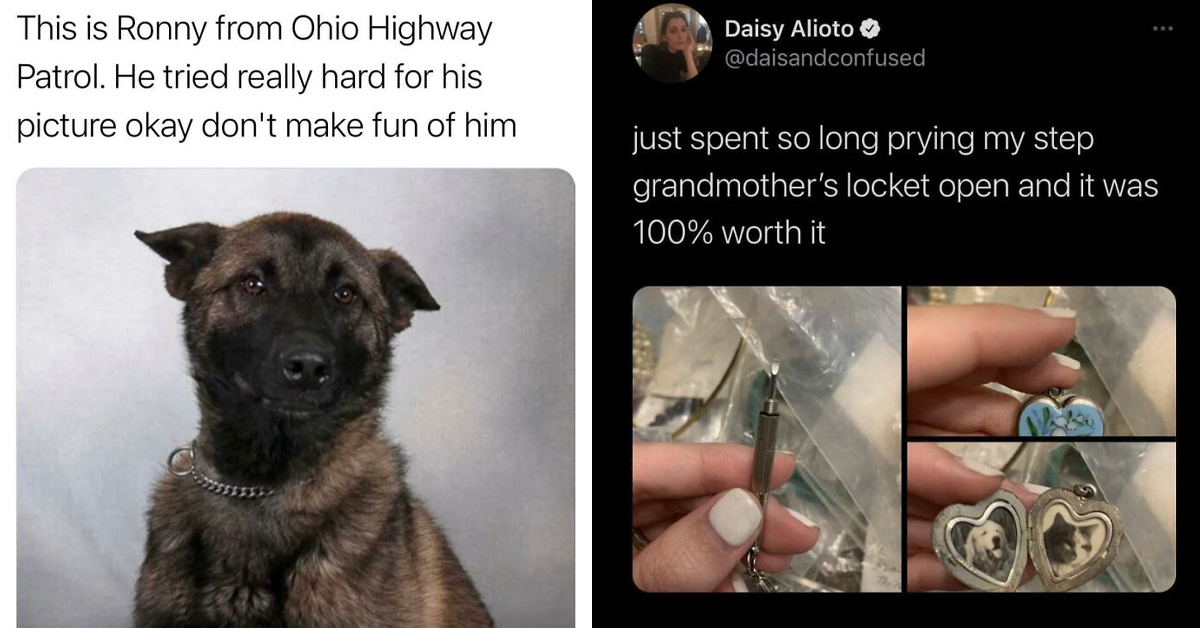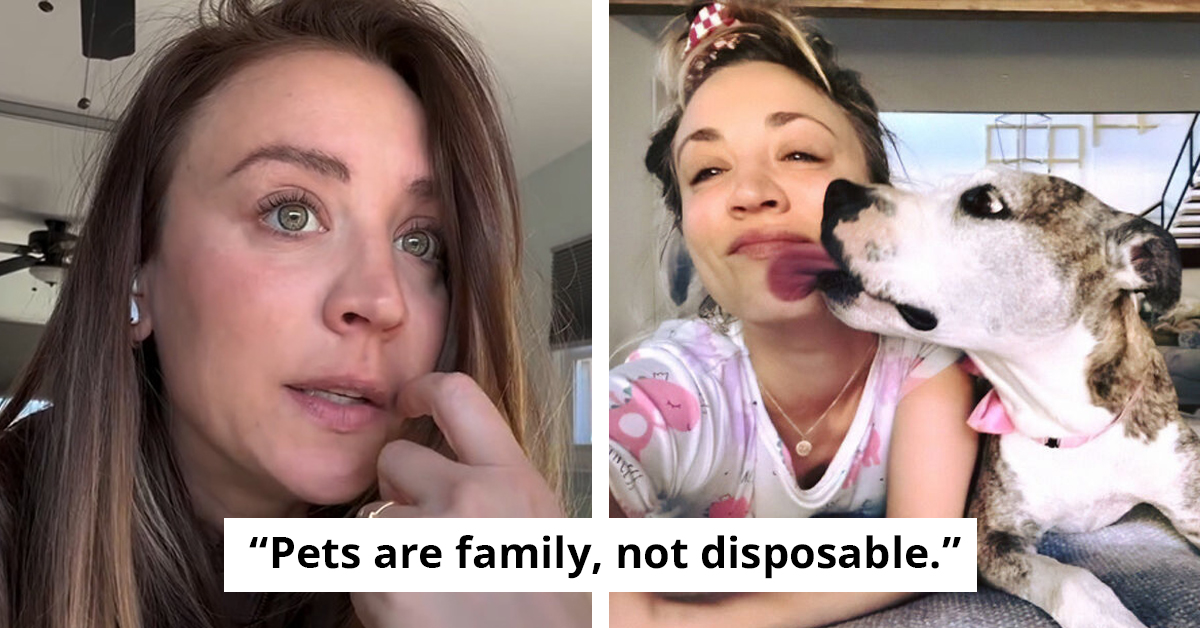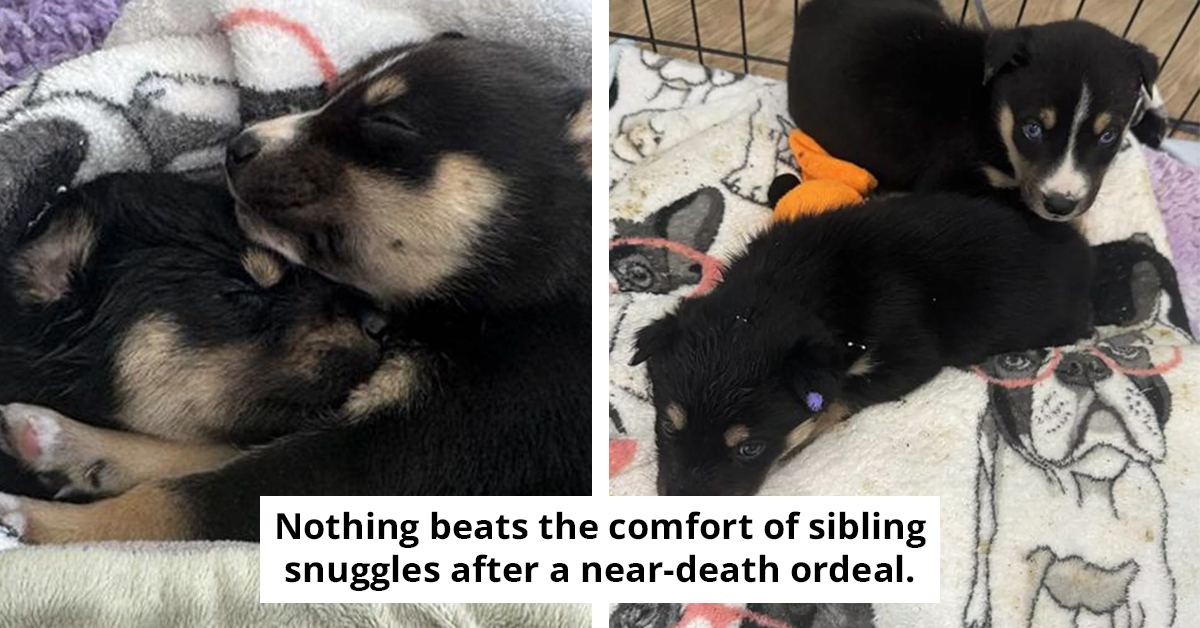Redditor Gives Their Neighbor, Who Doesn't Pick Up After Her Dog, A Roll Of Bags Due To Her Constant Neglect
Picking up after your dog is a chore a lot of people prefer skipping since it isn't exactly the most enjoyable task. In reality, there's no choice in the manner since failing to do so is harmful to public health and the environment.
It's also illegal in many places, and skipping it could result in expensive fines. Some believe that leaving their dog's feces in the yard could be beneficial for it, but according to PetHelpful, it's actually toxic for your grass.
There are two types of pollutants in dog waste, according to the Environmental Protection Agency: nutrients and pathogens. Waste from dogs that gets washed into waterways may carry pathogens that affect aquatic life and make people sick.
A Redditor who goes by the username u/birdybutt69 made a post on the r/AmItheA**hole subReddit where they explained how one of their neighbors never picks up her dog's feces whenever she takes him on a walk. The user planned to offer the neighbor a roll of dog poop bags with a note attached to it but worried she might not react positively.
The r/AmItheA**hole community had many different reactions to the user's situation. Scroll down to check out the full Reddit post, and scroll a little further to read the comments from the original post.
Here's the original post by Reddit user u/birdybutt69:

OP feared that their neighbors might think it was them not picking after their dog and wanted to send a message to the neglectful neighbor.

Here's how the Reddit community reacted to u/birdybutt69's post:

The Importance of Responsibility in Pet Ownership
Irresponsible pet ownership can have far-reaching consequences, not just for the pets themselves but also for the community at large. A psychology study from the American Psychological Association highlights that neglecting pet responsibilities can lead to increased stress in neighbors and a breakdown in community trust. When one person fails to pick up after their dog, it reflects a lack of consideration that can trigger resentment among other residents, leading to social conflicts. This dynamic illustrates how individual actions can ripple out, affecting the broader social fabric.
It can be seen as a friendly gesture instead of an insulting message.

The neighbor might refuse to use them out of spite.

The neighbors might be well aware of the woman's neglect.

Behavioral research shows that social norms play a critical role in how responsibilities are perceived and enacted. When community members collectively uphold standards for pet care, it fosters a sense of shared responsibility that benefits everyone. Conversely, when one individual neglects these duties, it can lead to a breakdown of trust and an erosion of community bonds. Understanding this can help individuals recognize the psychological impact of their actions on their neighbors and the community.
OP needs to be careful about the way she offers the bags.

OP can either do it the nice or petty way.

Many communities struggle with irresponsible dog owners like OP's neighbor.

Practical Steps Toward Community Accountability
To foster a culture of responsibility, communities can implement shared initiatives like group clean-up days or educational campaigns about the importance of pet ownership. Establishing a neighborhood watch for pet care can create a sense of accountability while also enhancing social bonds among residents. Additionally, positive reinforcement strategies, such as community recognition of responsible pet owners, can encourage others to follow suit. These proactive measures can strengthen community ties while ensuring a cleaner environment for everyone.
OP could do it more subtly without using words.

The neighbor might be embarrassed, but that's what happens when you act poorly.

"I find people don't typically respond well to accusations or demands."

Community psychologists emphasize the power of collective action in creating positive change. When individuals come together to address shared concerns, it can lead to increased satisfaction and improved relationships among neighbors. By working collaboratively to establish norms around pet ownership, residents can foster a sense of belonging and mutual respect. This collective approach not only addresses the immediate issues but also enhances the overall quality of life in the neighborhood.
People who behave like this don't like being called out.

It could help, but there's no guarantee.

OP should have called out the neighbor the second it happened.

Nothing excuses that behavior; there's always a way.

In some places, not picking up after your dog can get pretty expensive.

Public shaming can also be a solution.

OP is giving people ideas.

"It's an important part of being a good owner and citizen."

People need to clean up after their dogs, period.

OP has every right to attempt to solve this problem with this approach. The neighbor might get defensive, but she will at least know that people are well aware she's a bad dog owner who doesn't care about her community.
If you enjoyed reading this, make sure to share it with your friends and check out similar content on our platform.
Expert Opinion
This situation highlights the critical role of responsibility in shared living environments. When individuals neglect their duties as pet owners, it can lead to significant friction within the community. Encouraging open dialogue about these responsibilities can help alleviate tensions and promote a sense of community accountability.
Analysis & Alternative Approaches
In summary, responsible pet ownership is not just about individual choices; it has significant implications for community dynamics. Research indicates that fostering a culture of accountability can enhance social cohesion and reduce conflict. By working together to establish communal norms, residents can create a more harmonious living environment that benefits everyone.




